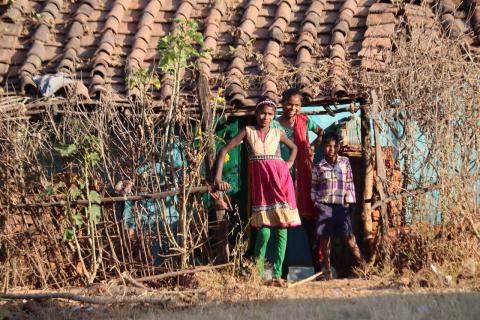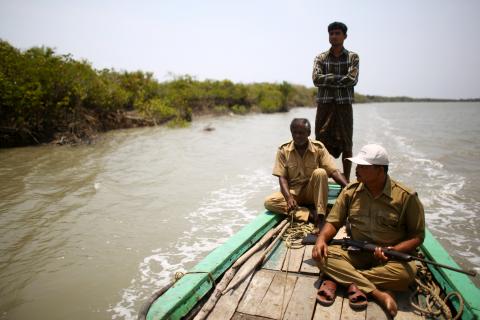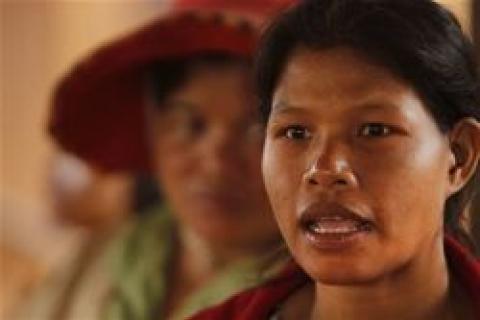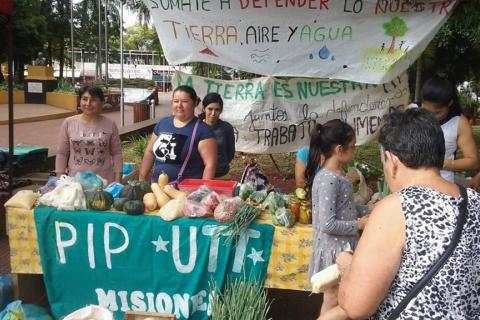Indigenous Papuans are seeing their forest being destroyed to be replaced by monoculture plantations. An interview by Mongabay news to anthropologist Sophie Chao evidenced the complex tensions between communities and the monoculture that is being imposed upon them.
Other information
A workbook created by the Biodiversity Alliance seeks to rethink the effects of the free trade agreements, as well as point out their harmful effects; since these are powerful “legal” frameworks—in parallel to national legislation—that grant corporations leeway to maneuver, while shutting out possibilities for people to access justice.
Appeal to India, to its Supreme Court, States, Party Leaders, to the NHRC, NCST and to the UN organs to protect millions forest dwellers’ Human Rights and biocultural diversity from forced evictions.
The petition to support forest dwelling communities remains open for sign-on until April 19th 2019. You can sign on here.
FAO chose Forests and Education as the theme for 2019 and underlines the importance of investing in forest education. But what does FAO mean by “forest education”?
On February 13, 2019, India’s Supreme Court passed an order that instructs state governments to evict forest dwelling communities if their claims to live in their forests have not been recognized under the Forest Rights Act (FRA). After forest movements mobilized against the order, on February 28, the Supreme Court has put on hold the evictions till next date of hearing, 24 July 2019. While the latest order by the Court brings some modicum of relief for the forest communities of India, this in no way dissipates the threat.
The NGO Survival International has an on-going petition for a new conservation that respects indigenous peoples’ rights and promotes human and ecological diversity. The aim is to reach 20,000 signatures and they need your help!
Cacique Babau, from Serra do Padeiro Tupinambá community, state of Bahia, has been suffering repeated threats against him and his family.
After 11 representatives of the Bunong ethnic group in Cambodia were denied visas to go to France to attend judicial proceedings against plantation company, Bolloré, the hearing was postponed until October. In 2015, Bunong peasants in Cambodia sued Bolloré group for destroying several hectares of forest in order to grow rubber. This action deprived the Bunong of their means of subsistence. The Bunong, a community that practices “an animistic belief based on the sacredness of forests,” also blame Bolloré for destroying their places of worship and centenarian trees considered to be deities.
The Secretary of Family Farming, Coordination and Territorial Development in Misiones, Argentina, signed an agreement to develop the cultivation of genetically modified corn with high productivity, in Misiones and Northeast Corrientes. The objective is to produce more than one million tons of corn from these territories and export them to Brazil. This jeopardizes the already-threatened biodiversity of native seeds in the province, as well as food sovereignty.











